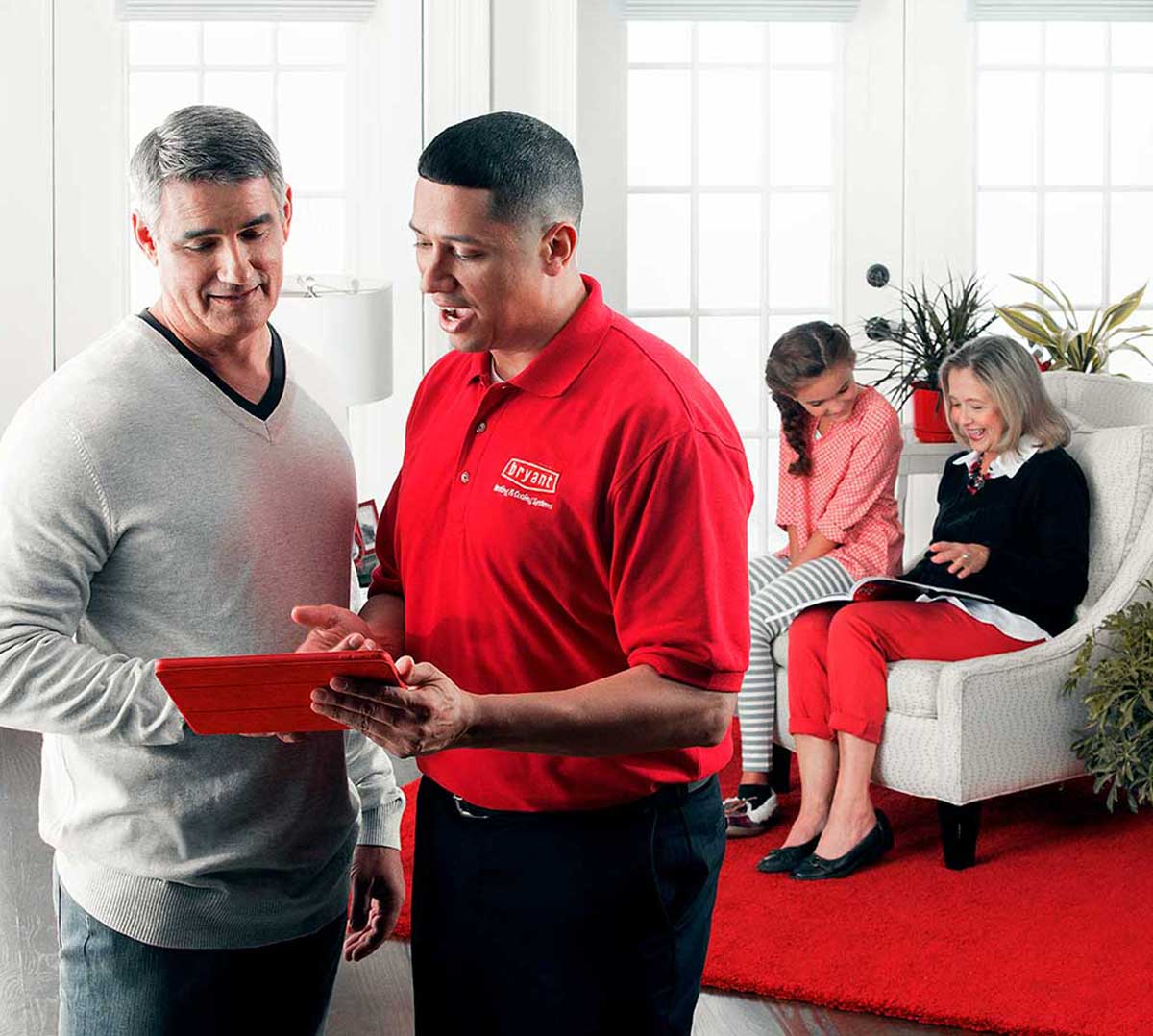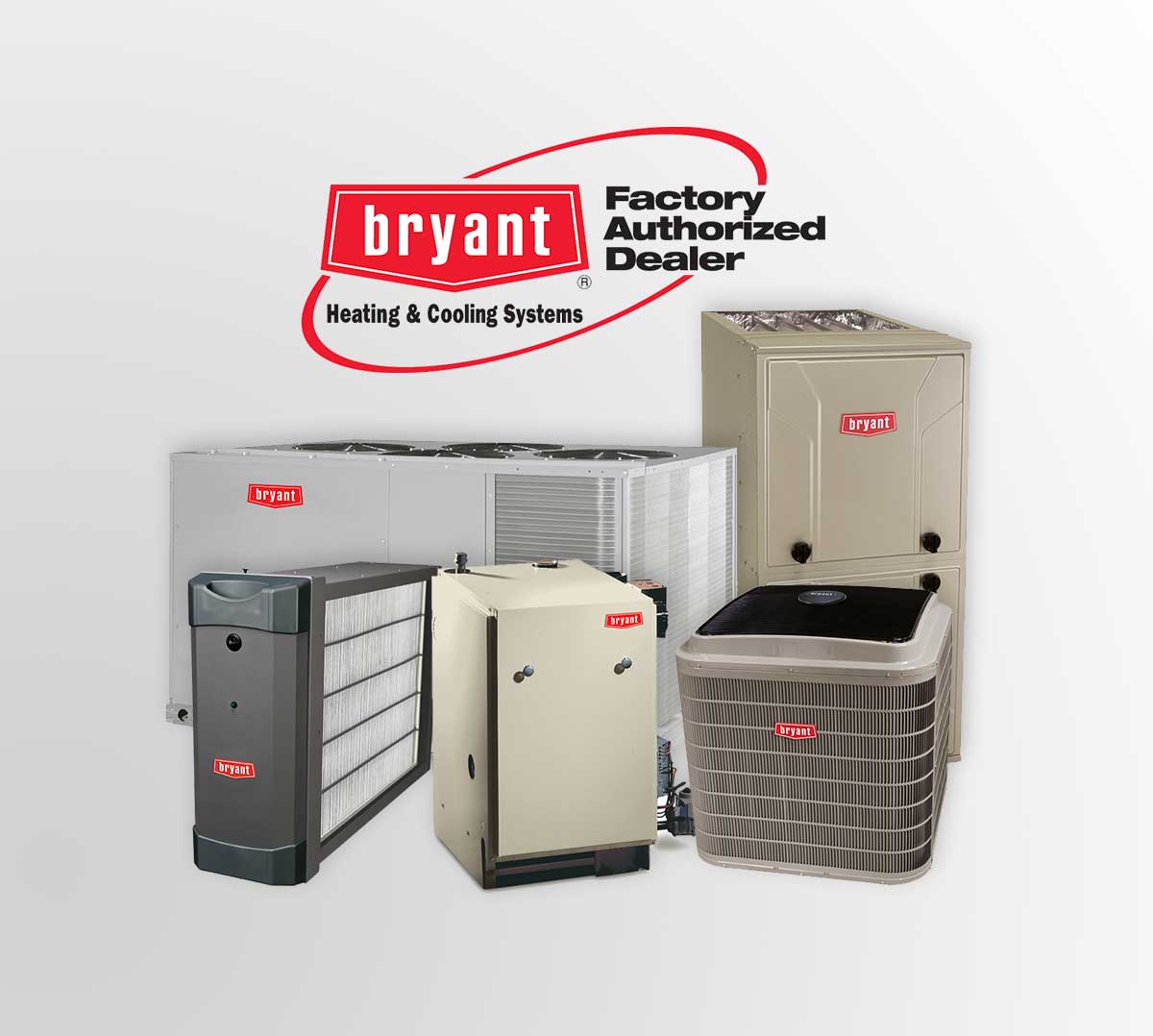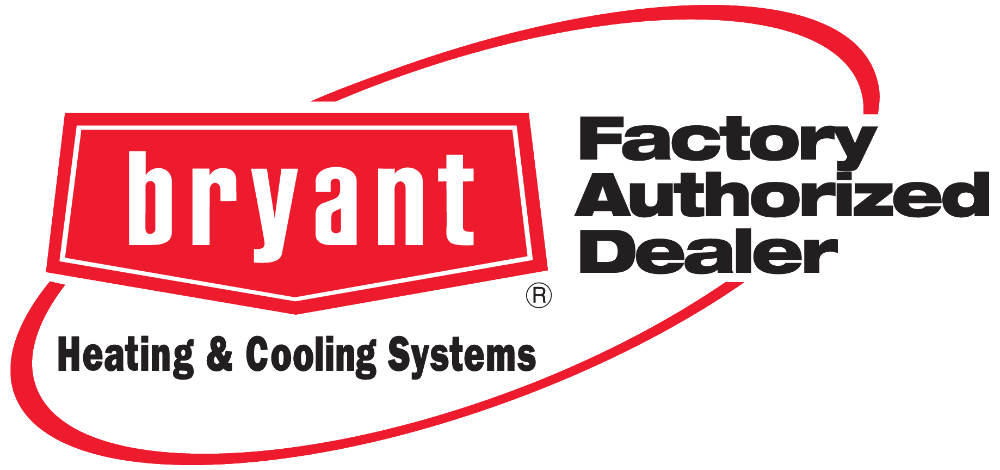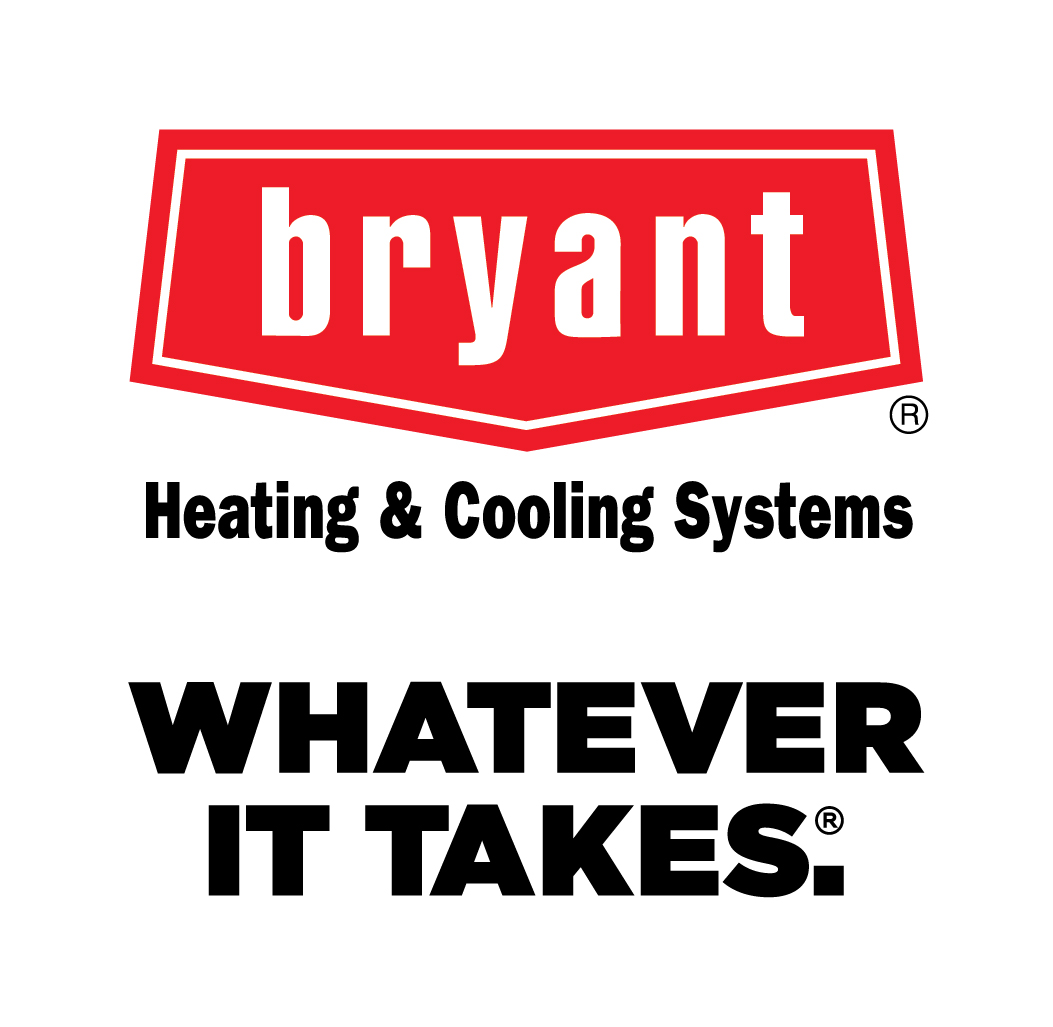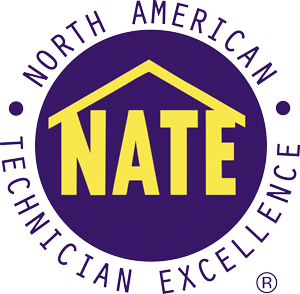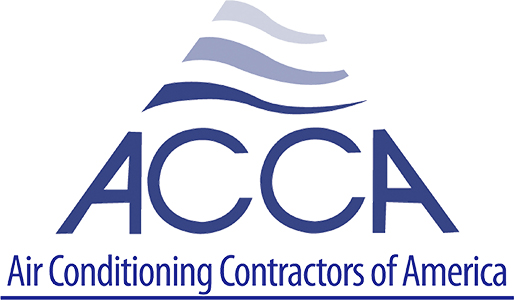Here are some common questions asked by our customers:
How do I unclog a drain?
Stopped up drains need prompt attention to keep them from getting worse and causing other problems. Clogged drains are a common plumbing repair, and they’re usually an easy fix if you act quickly.
Untreated clogs can cause plumbing leaks, foul smells, structural damage, contaminated water and health problems. If a sink or tub continues to drain slowly, call a professional. You might have a serious blockage that will eventually cause your pipes to leak or burst.
The garbage disposal runs, but it doesn’t do anything
This could be due to a jammed, blocked or stuck shredding plate. Shine a flashlight into the unit to see if anything is wedged or trapped inside. Some jam-ups are not visible from the top. If the unit is also turning itself off, it could be an electrical issue.
What causes tap water discoloration?
Water discoloration is usually caused by either sediment from an older hot water heater or by rusty pipes. Discolored water is usually safe to use and nothing to worry about. However, it may be time for a hot water heater replacement.
Why are my water bills suddenly so high?
Higher water bills mean you are using more water. Leaking toilets or a toilet that keeps running after a flush are usually to blame. High water bills can also be caused by drippy faucets. Just one ongoing drip can waste 20 or more gallons of water daily.
Can I prevent water damage?
Water damage is usually caused by leaks, and hidden leaks can cause massive destruction. The best way to prevent leaks is to keep your plumbing system in good repair with regular plumbing maintenance services. Our sewer and water line inspections are performed using high-tech tools and cover all system components.
How do I know if my sump pump is working?
The submersible sump pump is typically installed in the basement. During heavy rain, drain lines carry excess water to the pump where it is flushed out. Sump pumps keep water from flooding the basement.
These units are built to last. However, they should be checked for proper operation periodically. They run on electricity, so if you lose power during big storms, a battery backup is worth installing.
What’s the solution for a burst pipe?
Turn off the water supply at the main valve, and then turn off the electricity. This is not a DIY fix, and it can’t wait until tomorrow. Schedule emergency plumbing services at once.
Why do faucets leak?
Drippy faucets are usually caused by corroded gaskets, valves or o-rings. Mineral deposits inside the faucet and worn out washers can also cause leaks.
Every time you use a faucet, the washer rubs against the valve seat and causes friction. The more friction, the faster the washer will wear out.
How do tankless water heaters work?
Traditional water heaters are always on the job. They’re either warming up cold water or keeping warm water hot. Tankless units, by contrast, work on an as-needed basis.
Tankless units are small, compact and easy to install. When you turn on the tap, cold water passes through an internal heat exchanger. An electric element or a natural gas burner then heat the water instantly.
Are commercial drain cleaners okay to use?
Chemical drain cleaners can be effective when a clog is just getting started or hasn’t gained much ground. They can help you nip the problem in the bud.
Drain cleaning agents should only be used sparingly. They can corrode older piping and cause PVC pipes to deteriorate. If you use a drain cleaner and it doesn’t remove the clog, it’s time to call a plumber.
Can I clear a clogged drain without using toxic chemicals?
You can flush out a drain using baking soda and vinegar. Pour half a box of baking soda into the drain followed by half a cup of vinegar.
Cover the drain with a plunger for 30 seconds to prevent splattering. After 30 minutes, pour a pot of boiling water down the drain to clear it out. Unlike chemical drain cleaners, vinegar and baking soda won’t damage your pipes.
What is hydrojetting?
Hydrojetting is a powerful plumbing technique used to dislodge stubborn pipe clogs. Your plumber will thread a long hose into the pipes and then release a highly pressurized jet stream of water that flushes out the entire plumbing system.
The force of the water jets is strong enough to break apart clogs caused by grease, mineral deposits and limescale buildup.
What is a plumbing emergency?
Plumbing emergencies are serious situations that require immediate attention. Here are some common examples of plumbing emergencies:
- Damaged, broken or burst pipes
- Low water pressure
- Overflowing toilet with or without sewage
- Water leaks
- Broken water heater
- Sewage backup
- No water
What is not a plumbing emergency?
Non Emergency plumbing problems are nevertheless important. If not resolved in a timely manner, these issues will escalate and turn into plumbing emergencies:
- Leaking toilet or toilet that won’t stop running
- Clogged toilet
- Plumbing installation
- Dripping faucet
- Clogged drain or slow drainage in a tub or sink
- Jammed garbage disposal
Does your plumbing system need professional help? Call Montgomery AL’s best plumbers at Clark Heating, Air Conditioning and Plumbing. Emergency or not, we’ll make it all better.


